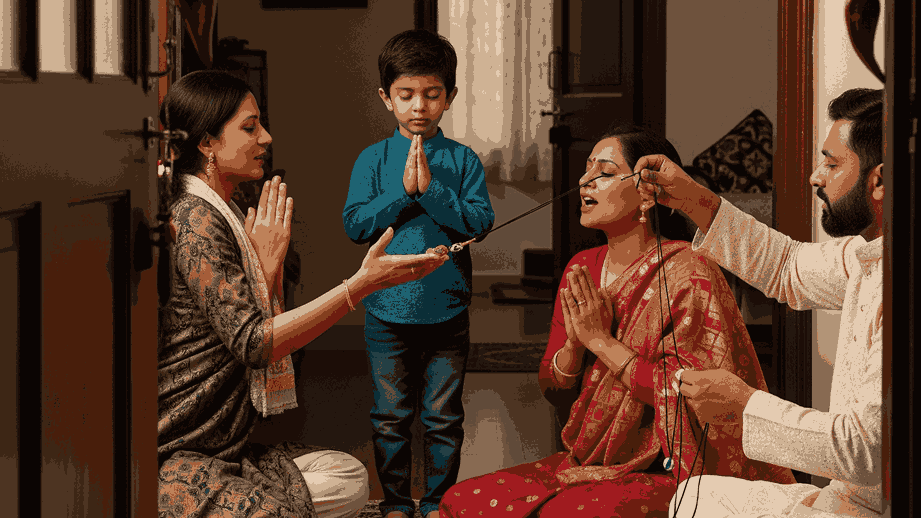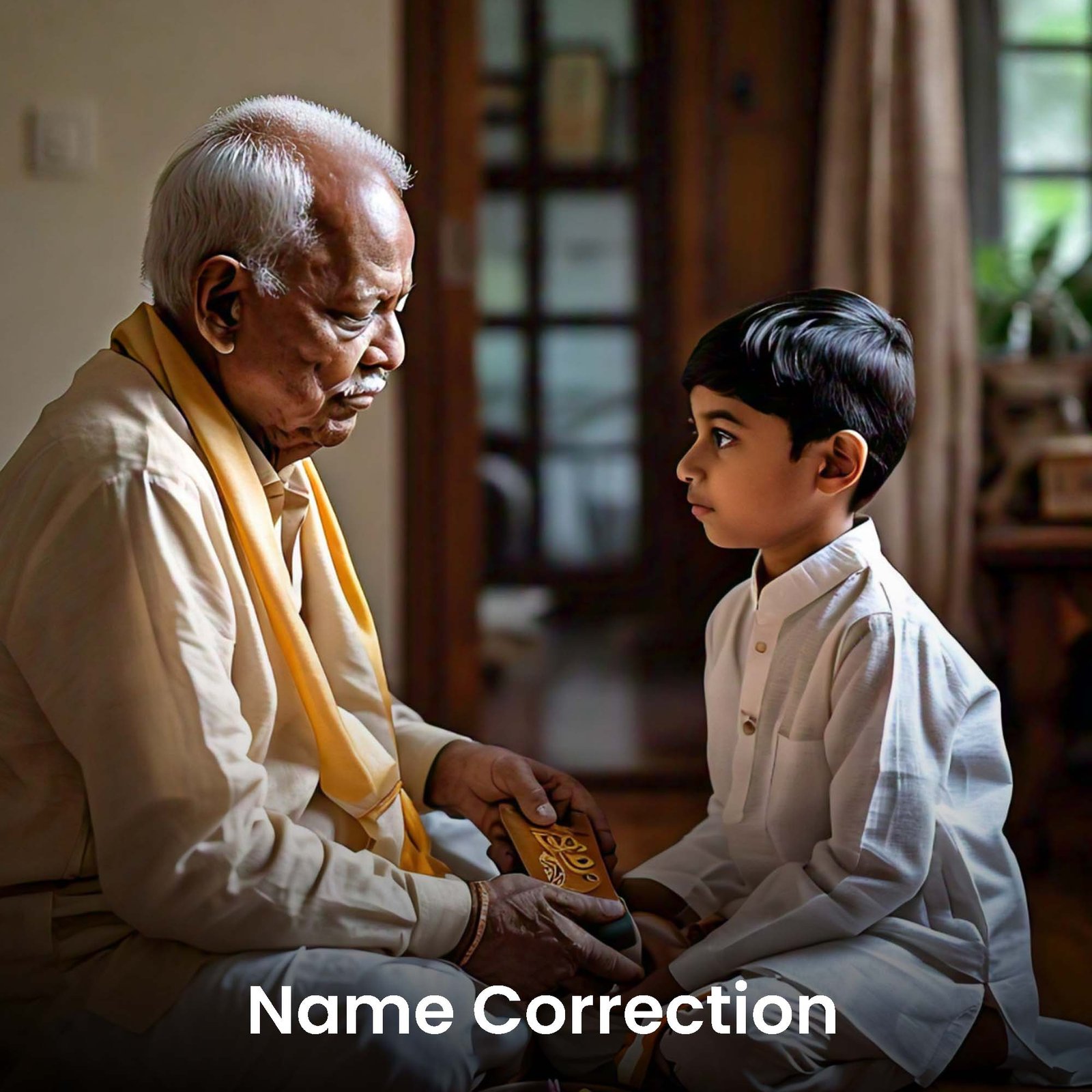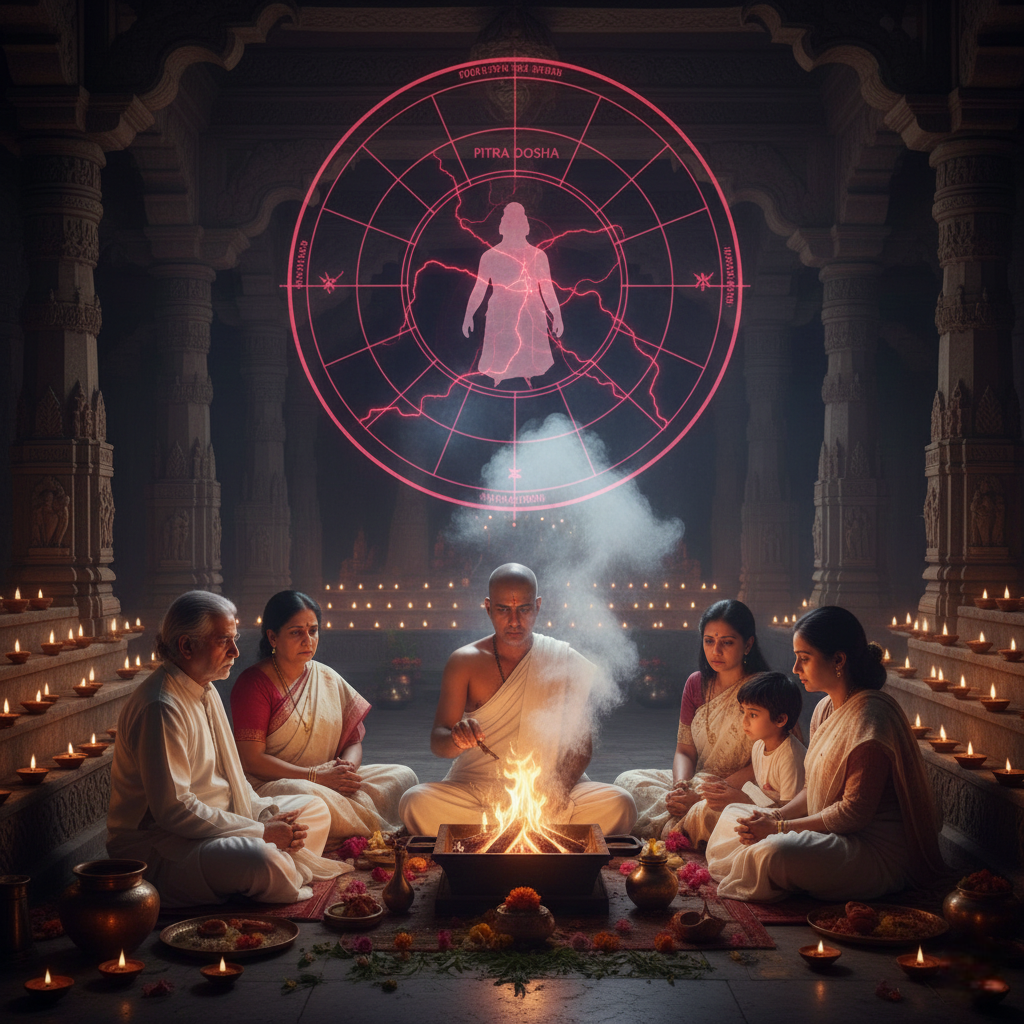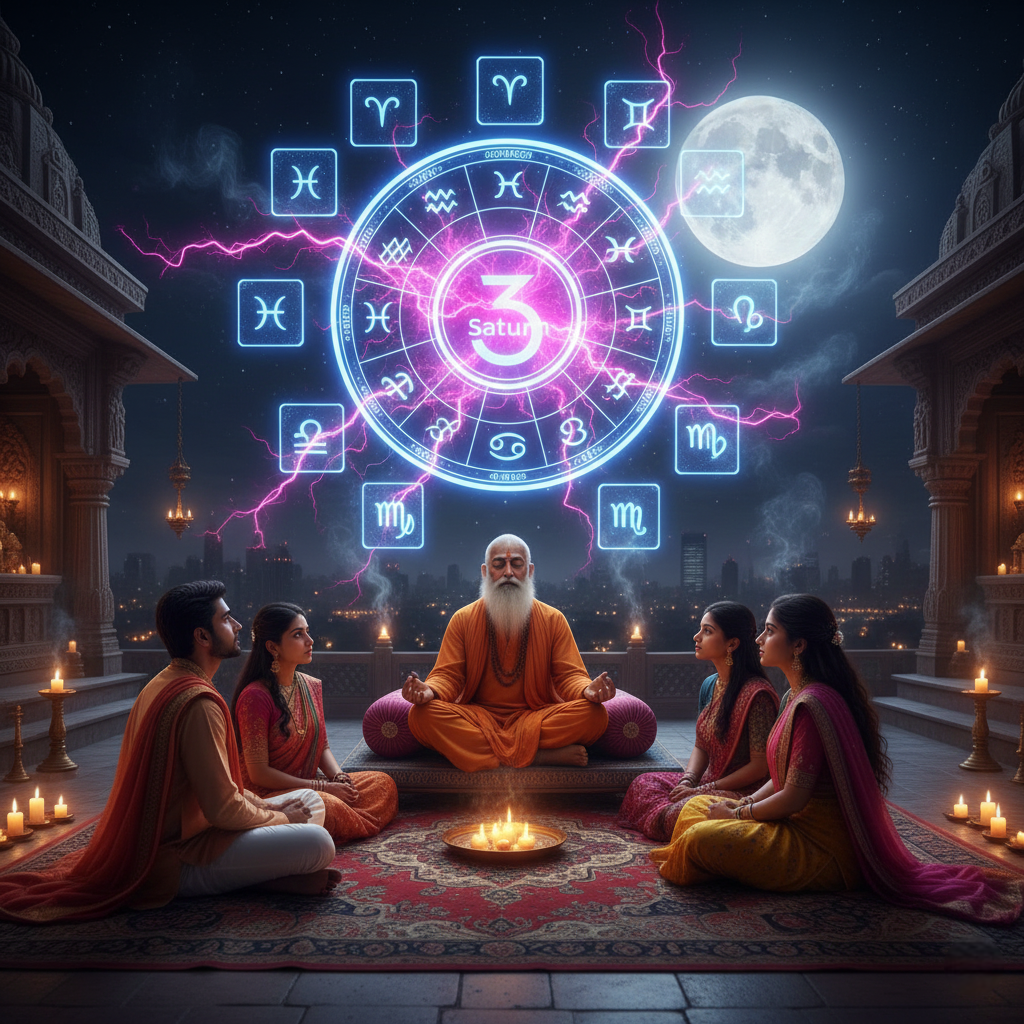You know that feeling when everything’s going fine and then
suddenly, things start going wrong for no clear reason? That’s often when
people in many cultures, especially across India, suspect the evil eye
or Nazar Dosh. But what exactly is it? Is it just superstition, or is
there something deeper behind the belief? Let’s break it down.
What Is Nazar Dosh? Nazar means
"sight" or "glance." Dosh means "flaw" or
"blemish." Put together, Nazar Dosh refers to the harm caused
by someone’s envious or negative gaze whether they mean it or not.
In simple terms, it's the belief that someone else's
jealousy or admiration (even if unspoken) can throw your energy off balance.
Think of it like unintentional bad vibes. It’s not always about someone being
evil, it could be as simple as a stranger admiring your success or beauty
without any ill intent.
Common Signs People Associate With Nazar Dosh
There’s no scientific checklist, but here are the kinds of
things people often point to as signs:
- Sudden
bad luck or losses (financial or personal)
- Frequent
arguments or restlessness at home
- Health
issues that doctors can’t clearly explain
- Children
crying or falling sick out of nowhere
- Work
getting stuck for no reason
- Electrical
appliances breaking down all at once
Again, these could have logical reasons but culturally, many
turn to Nazar Dosh when no other explanation seems to fit.
Why Do People Believe in It?
This belief goes way back. Ancient cultures, from Indian and
Middle Eastern to Mediterranean they all have shared versions of the evil eye
for thousands of years. In Indian households, it’s not uncommon to hear elders
say, “Uski nazar lag gayi” (They gave the evil eye) when something good turns
sour quickly.
The underlying emotion? Protection. The desire to guard what
we love; children, wealth, health, peace from unseen forces.
Remedies People Use to Remove Nazar Dosh
Whether you believe in it literally or see it as a cultural
ritual for peace of mind, here are some common remedies used to
"remove" the effects of Nazar:
1. Salt and Red Chilli Ritual
One of the most common methods. You take a handful of salt
or a few dried red chillies, circle them around the person’s head a few times,
and burn them. If the chillies make no sound, some say the person was under a
strong evil eye.
2. Black Dot/Kajal (especially for babies)
You’ll often see babies with a small black dot behind their
ear or on the cheek. It’s meant to make them look "imperfect" so they
don’t attract envy.
3. Nimbu-Mirchi Totka (Lemon-Chilli Charm)
Hung at the entrance of shops, homes, and vehicles to ward
off negative energy. A combo of lemon and chillies is believed to absorb bad
vibes.
4. Burning Mustard Seeds
Some people burn mustard seeds in an iron pan while reciting
specific mantras to remove negative energy from the home.
5. Camphor and Guggul Smoke
Used in many traditional rituals, this fragrant smoke is
believed to purify the energy of a space.
6. Wearing Nazar Suraksha Amulets
This includes black threads, blue-eye charms, or
gemstone-based protection bracelets like evil eye beads, rudraksha,
or Hamsa pendants.
Do You Have to Believe It Literally?
Not necessarily. Many see these rituals as a mix of
tradition and emotional reassurance. For some, it’s spiritual protection. For
others, it’s just a comforting practice that brings mental peace. What matters
is intention whether you’re using it to feel grounded, protected, or simply to
respect the traditions you grew up with.
Belief in Nazar Dosh isn’t about fear. It’s about being
aware of energy, yours and others’. Whether you take it symbolically or
seriously, these age-old remedies exist for a reason: they help people feel
protected, centred, and balanced. And sometimes, that’s all we really need.





